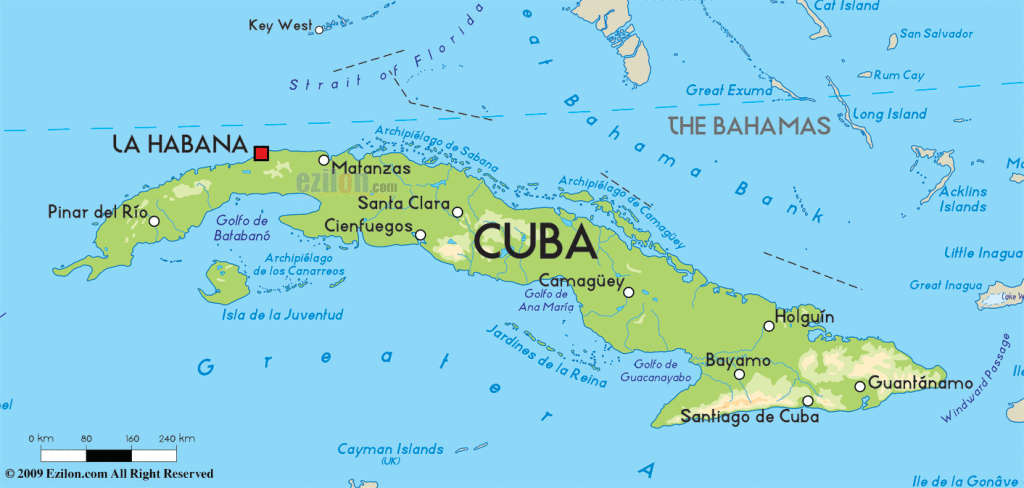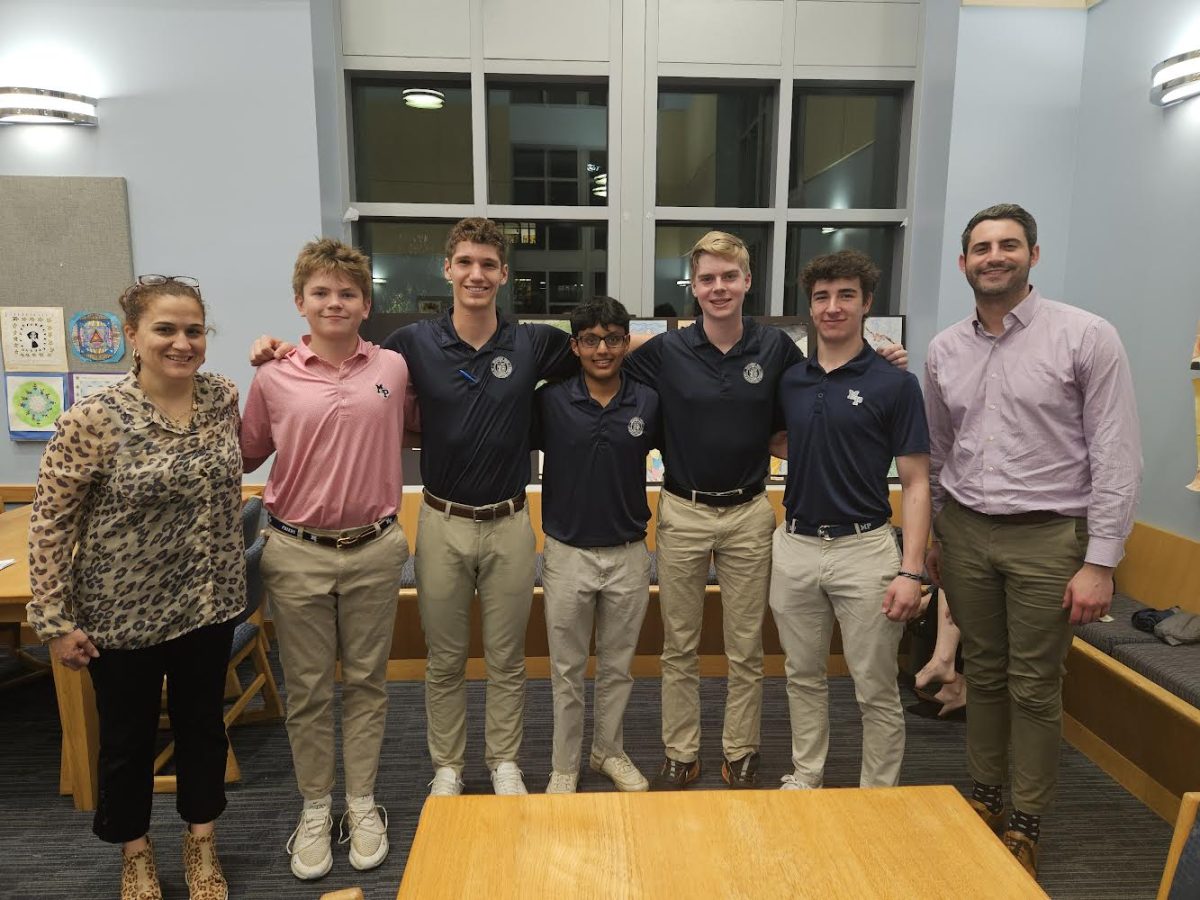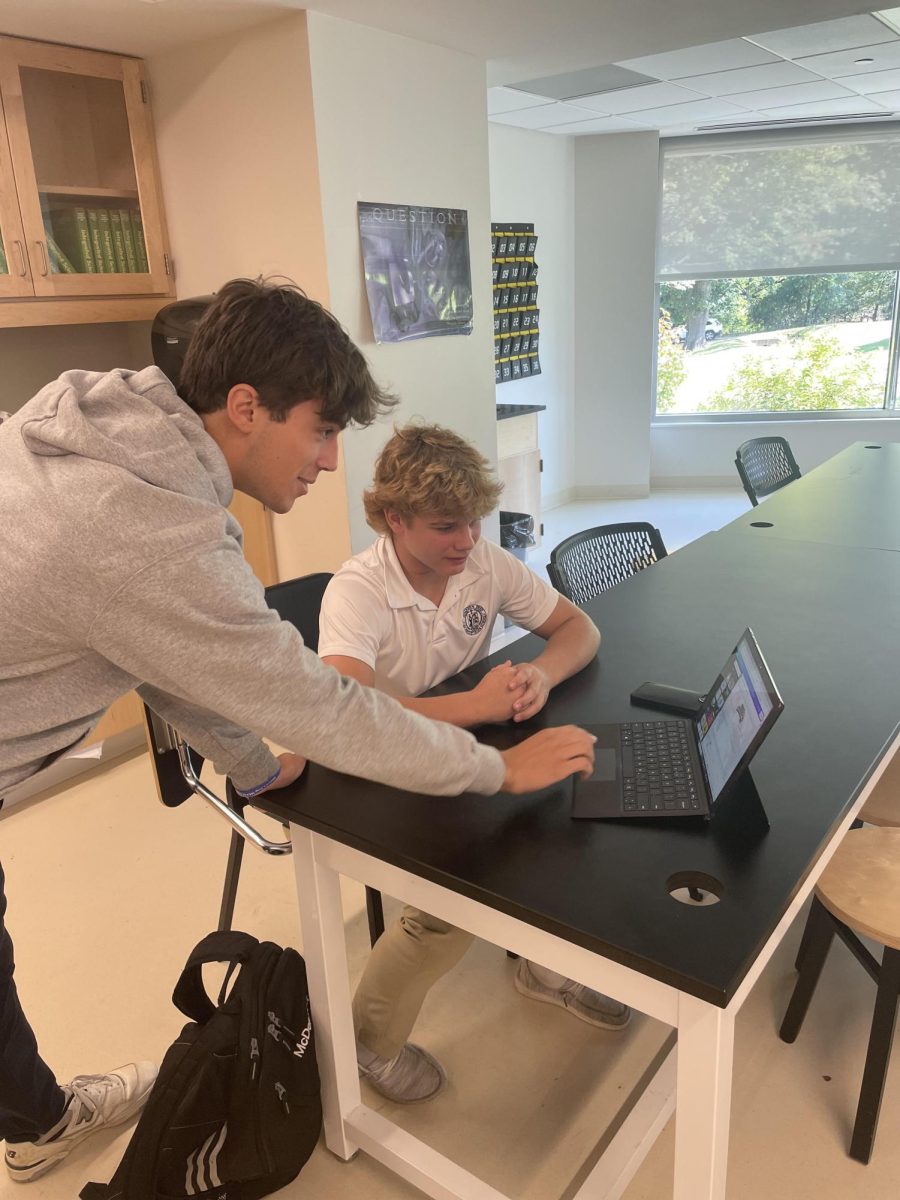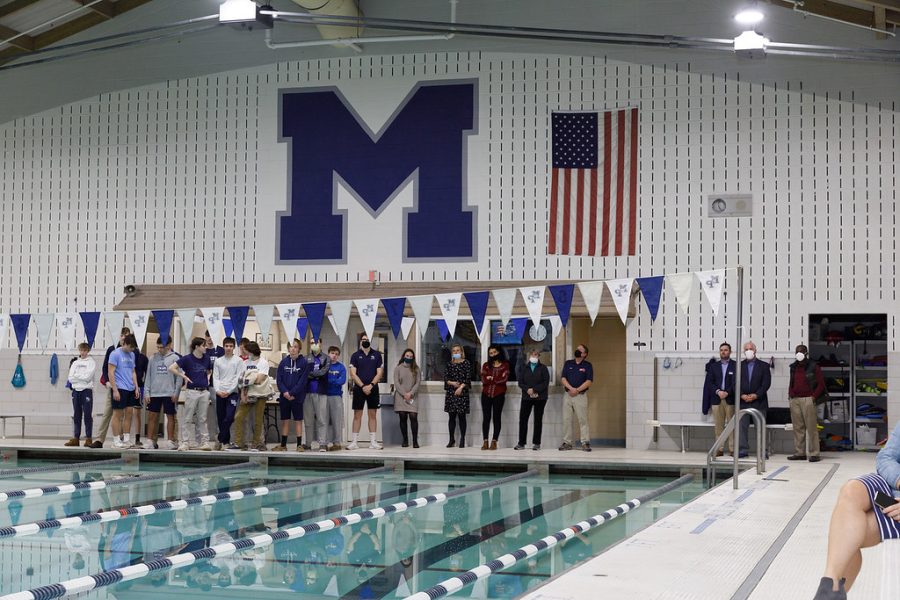When Americans think of Cuba, they think of a forbidden island filled with classic cars, sandy beaches, and, of course, world-famous cigars.
That all may change now, however, as President Barack Obama is making moves to remove the trade and travel embargo first placed on the country in 1960.
“If you try the same thing for fifty years,” President Obama said, “and nothing changes, you have to try something different to get a different outcome.”
Why did Obama choose now to act on Cuba? Robert Colameco, AP US History teacher, said, “Since the elections are over, we’re in the last two years of his Presidency, and the Republicans had a good showing, I think there’s a certain part of him that says he’s got nothing to lose.”
“It’s definitely a risky political move,” Colameco continued. “But I don’t think he cares about politics now.”
Influential Republicans, such as Governor Chris Christie of New Jersey and Senator Marco Rubio of Florida, have denounced the President’s actions because of Cuba’s socialist government.
A large concern for Democratic strategists is whether or not Cuban-American voters, who typically vote Democrat, will now head right due the President’s actions.
“Most of the Cuban-Americans despise Castro so much that this may drive Cubans right.” Colameco said, “However, they are part of a larger group, Latin Americans, who usually vote Democrat. It’s really hard to say right now, but we’ll see.”
“The reality is,” Sr. Sanchez, a Spanish teacher who lived under both Salvador Allende and Augusto Pinochet, a democratically elected socialist and his dictatorial successor, in Chile, said, “that Cuba is really socialist by name. I think the structure that people used to define socialism or communism is dead in Cuba.”
“I really just think they say they are socialist for the prestige of being one of the last socialist countries in the world.” Sanchez went on to say.
Although Americans are not allowed to enter Cuba as of yet, if relations are normalized, there is a possibility for a service trip there for Malvern, says Service Director and Theology teacher Mr. Legner.
“Once the two governments work things out,” he said, “I would like to see that. I think it would be a fantastic experience.”
“I don’t see that happening next year, or the year after.” He went on to say, “There is a mentality in a lot of foreign countries that they don’t have a problem. Bringing in people for service implies a problem. I see that happening with Cuba.”
When the story originally broke, it was revealed that the United States and Cuba had negotiations in the Vatican City, hosted by Pope Francis. Francis, hailed as a more progressive pope, has been criticized by some Republicans in Congress, specifically Marco Rubio, who was quoted as saying “I don’t know what [the Pope] was thinking.”
“[Pope Francis] is a world leader,” Legner said, “He does have influence, and people, even those who aren’t Catholic, respect him. He can open doors that a leader of a country can’t, and that’s what happened here.”
“He can move mountains just by his presence.” Legner went on to say.
As one of the last vestiges of the Cold War goes away, there are plenty of possibilities as to what may happen to the small island nation. Whatever may happen, Malvern waits for not only a new vacation spot, but for a new destination for service.
CORRECTION [2/3/15]
A previous version of this story listed Allende and Pinochet as dictators. Allende was a democratically elected socialist. Pinochet was his dictatorial successor. Thanks to Mrs. Wright and Señor Sanchez for pointing this out.






